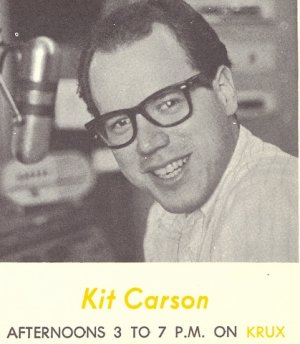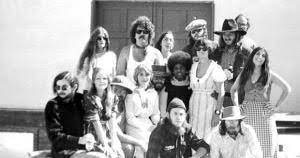CKLW was in Windsor, Ontario, not in Detroit. The clue is that the station's call sign is a Canadian one, starting with a letter "C". Even today, all Canadian radio station call signs begin with the letter "C", except for VOCM in St John's Newfoundland, which got it's distinctive call sign in 1926 when Newfoundland was still a British colony. VOCM stands for "the Voice of the Common Man ". It was originally a christian broadcast station with it's studio located in a church in the downtown part of St John's.
American radio stations used to have three letter call signs if the station was located East of the Mississippi river, and 4 letters if they were located to the west of the Mississippi river. With the increase in stations during the 1960's that rule kind of went by the wayside. Somebody mentioned Wolf Man Jack who operated from a outlaw station in northern Mexico, that had a radiated signal of more than 500,000 watts at night. No US controls on that kind of powerhouse station booming out on the AM dial. The so called "Clear channel " US stations had tremendous geographical reach at night.
Here in Toronto I used to get WWV from Wheeling West Virginia, and WBZ loud and clear after sundown. The local Buffalo NY station WBLK was a hit and miss thing, depending on the weather conditions over Lake Ontario. CFRB here in Toronto had a 50,000 watt signal that could be heard about 450 miles away in northern Ontario at night. CFRB in Toronto was on 1010 AM, and so was a NYC station, so sometimes they would be running all over each other all night long. JimB.



